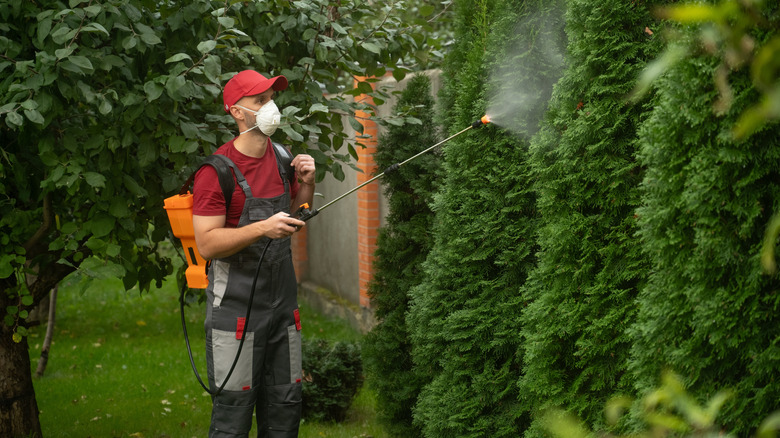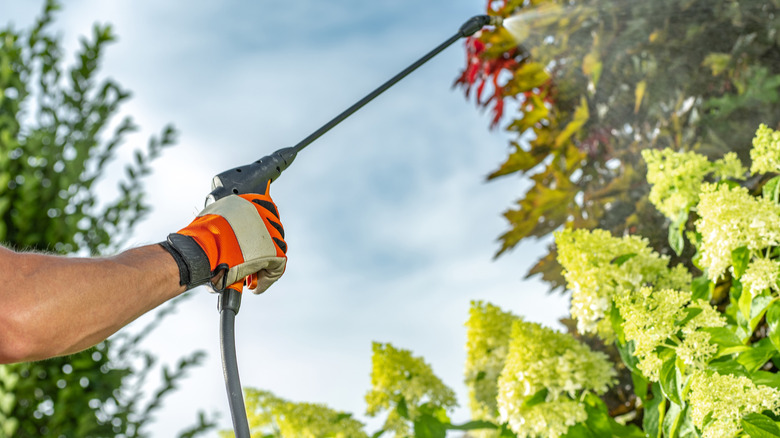Utah's Warming Climate Has Pest Control Experts Seriously Concerned. Here's What To Know
There's no good news about climate change — unless you're a bug in Utah. Yes, it's true that the climate crisis is contributing to insect populations dying off in other parts of the world. Rising temperatures and more extreme weather are making it tougher for as many as 40% of insect populations to thrive. That's a major threat to our planet's natural ecosystems, thanks to the vital role they play in processes like pollination, soil health, and food chains.
Other insects, however, are finding themselves rather resilient to the climate chaos. In areas like Utah, rising temperatures are paired with new construction to meet a booming population. The new infrastructure disrupts the underground homes of hardy insects like the Oriental cockroach, while a hotter climate makes species like the codling moth able to breed faster.
Meanwhile, creatures like sycamore scales are saying hello to Utah. In the past, they didn't appreciate Utah's once-frigid winter temperatures. Now, though, they're migrating north from places like Arizona and New Mexico — and causing tons of leaf and bark damage in the process. Balsam woolly adelgids are another newer addition. They're nearly invisible, but their impact is massive, slowly killing fir tree species.
On top of everything, a warmer Utah climate means that peak season for bugs lasts longer than it used to. Pest control experts are not only having to deal with new species, but are trying to manage them for longer periods of time so that farmers and homeowners throughout the region aren't overrun with the damage certain species can cause.
Controlling pests in Utah
It's not easy to get rid of unwanted roaches and other insects, but there are several steps you can take to control pests in your home or garden. Oriental cockroaches are always looking for water, food, and darkness. That makes them responsive to preventive measures like drying down sources of dampness like wet sink areas or leaky pipes, carefully sealing all food and garbage, and clearing away damp leaves or mulch from your home's foundation. For other bugs, many experts recommend an annual rotation of your crops. Don't worry — rotating your vegetable garden crops is incredibly easy and so worth it to discourage pest populations from having a constant food source. You can also try to tackle the problem at its root, adopting savvy tips for fighting climate change from your garden.
Ultimately, pest control experts and the state of Utah are taking on some of the insect populations that are attacking the more public areas of the state — and they're busier than ever. As the climate continues to warm, more planners are looking to nature-based solutions like urban forests and smart water management plans. These can help maintain the biodiversity we need while also keeping out harmful pests.

